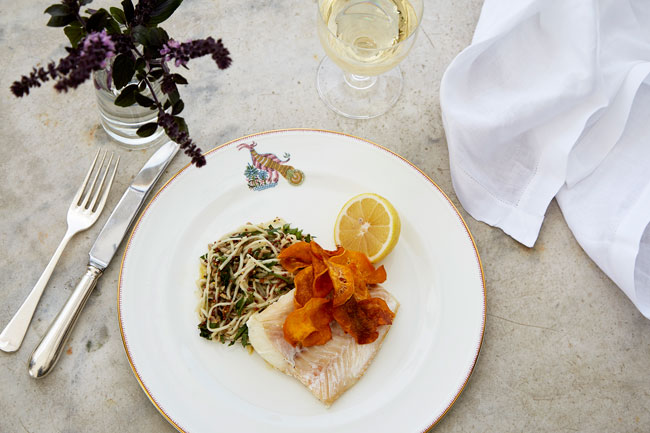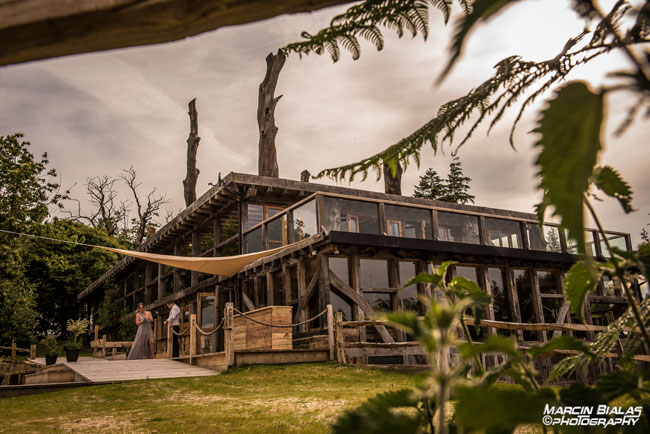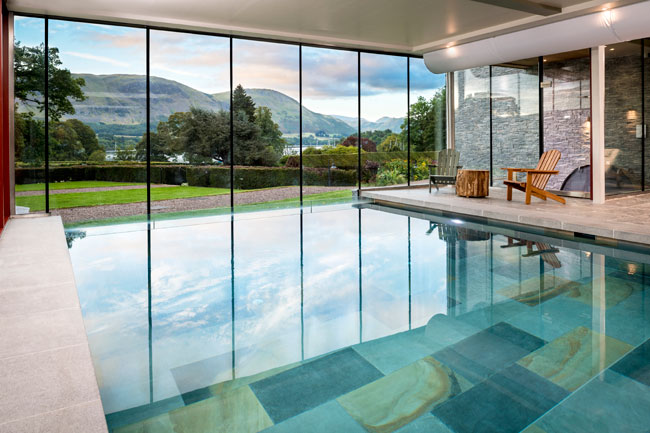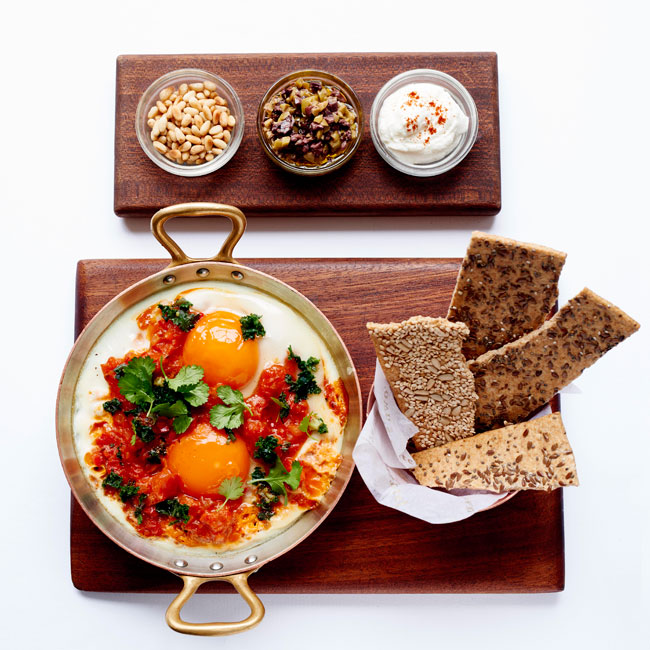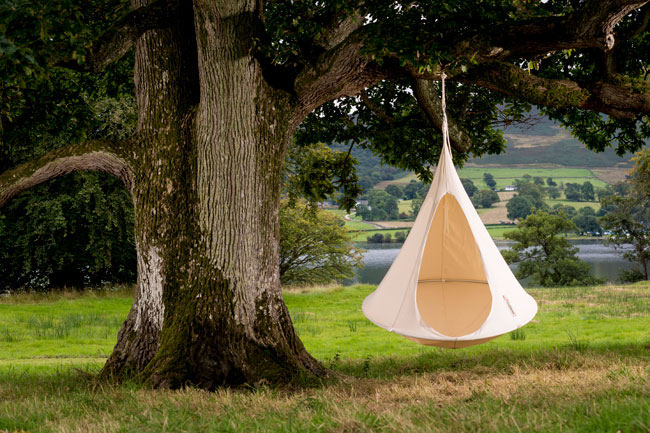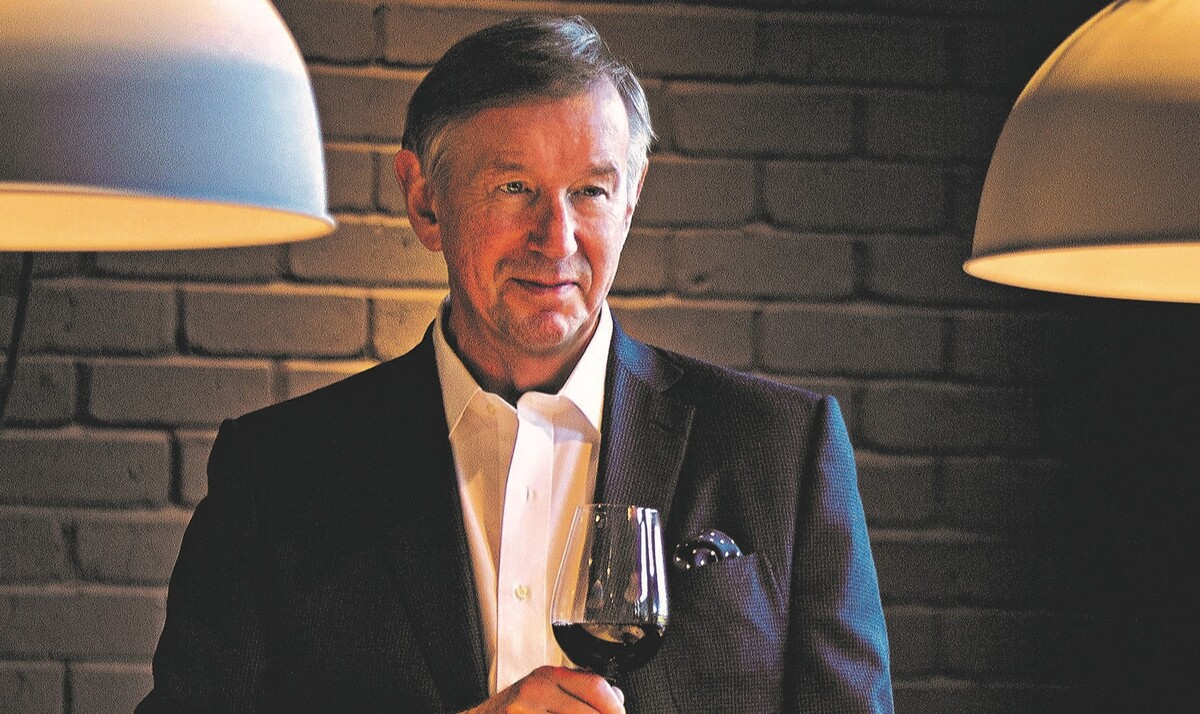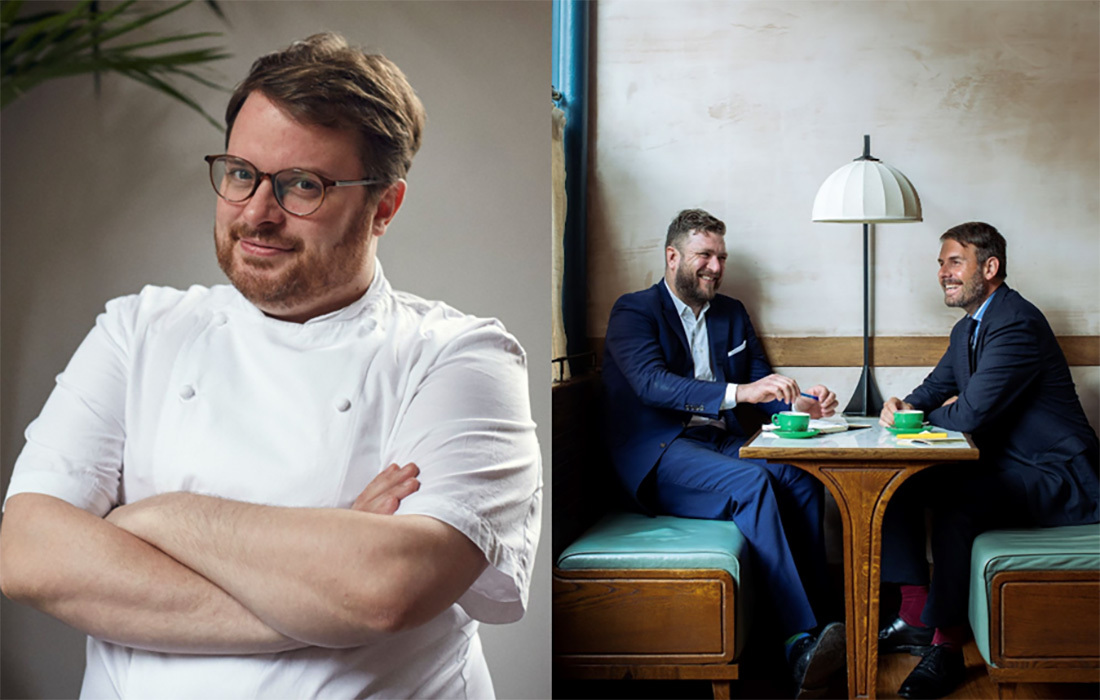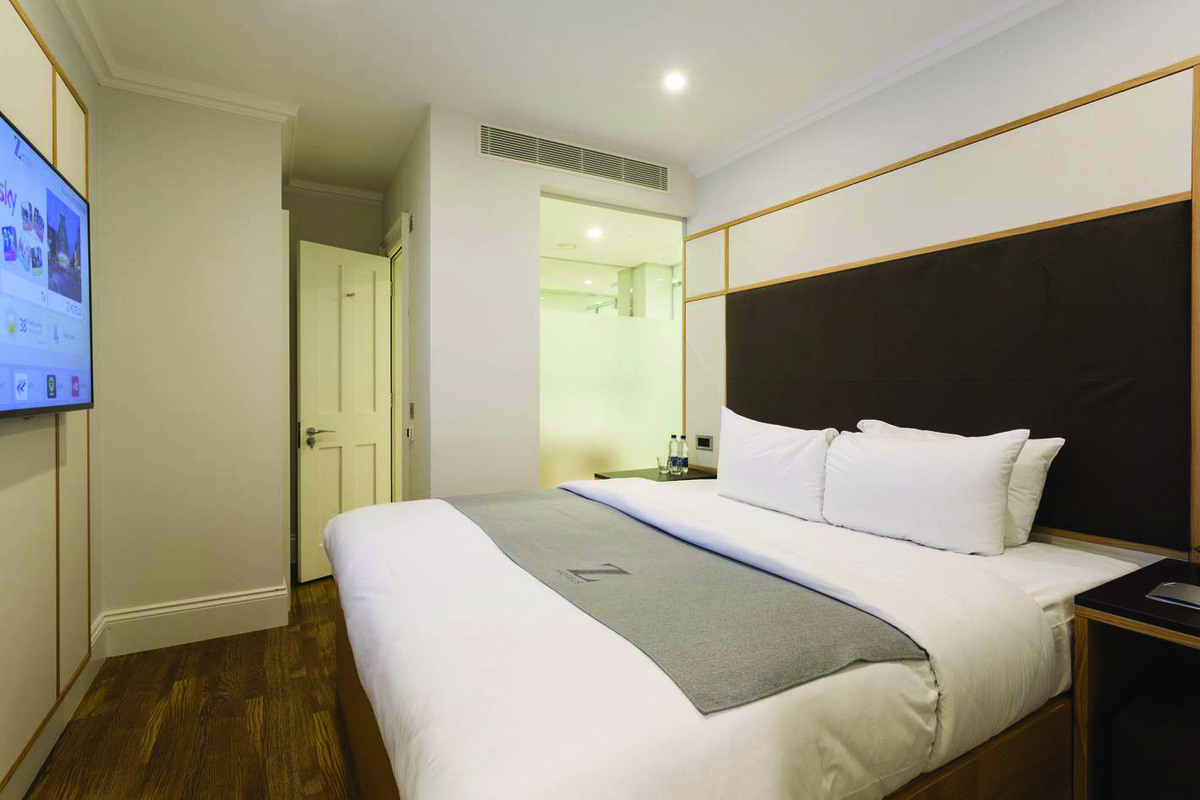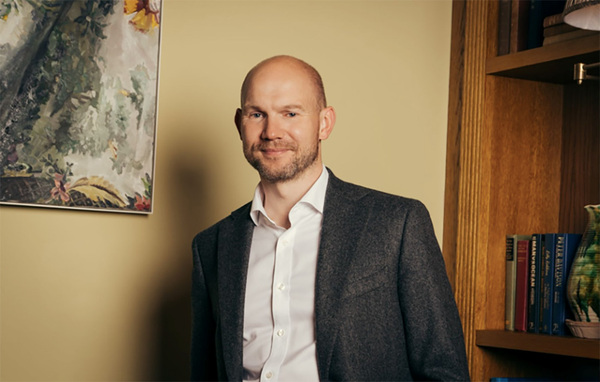Rise and shine: how hotels can tap into the health and wellbeing market
The welfare of a guest is the utmost priority of any hotel, and making guests feel good has always been the aim of hospitality. But the explosion of wellness over the past few years has resulted in a variety of innovative approaches to engage with the trend, and in more extensive ways than ever before.
For Laura Sharpe, general manager of the 91-bedroom Ham Yard hotel in Londonâs Soho, engaging with wellness is a way of drawing in new visitors and a previously untapped source of revenue. The hotel hosted its first Live Well series, a programme of fitness, health and wellbeing events this summer, offering classes such as Boxx Method (shadow boxing with high-intensity interval training) in the hotelâs in-house bowling alley, barre classes with London luxury health club Third Space, and yoga classes and brunch on the roof terrace with yoga studio Equinox. âPeople coming to the classes were not always people who had previously used the hotel, the bar or the restaurant,â says Sharpe. âWe hope that they will go on to use other parts of the hotel.â
Some hospitality leaders are launching entire hotel brands based around the concept of health, fitness and sports. AccorHotels opened its first Jo&Joe, an economy hotel brand aimed at millennials, at Hossegor near Biarritz in south-west France in May this year.
The location is a popular spot for surfers and is the home of Boardriders, the group behind retail sports brands Quiksilver and Roxy. The hotel collaborated with the two brands on its interior design to provide a surfer feel, and also hosts a pop-up store where guests can hire or buy the brandsâ equipment and accessories.
Sports resort
Back in the UK, Chris Penn, former managing director of the Ace Hotel London Shoreditch, is in the process of launching Steel Hotels with his business partner Chris King. The brand will have a focus on sports performance and wellness, and its first venue is being billed as the UKâs first âsports resortâ. It will feature a 50m competition-standard swimming pool, a cycle track with integrated timing technology, a gymnastic and cardiovascular warehouse with studios and conditioning equipment, and a recovery centre for treatments and nutrition.
Similarly, Pete Cornwell, the restaurateur behind the Iâll Be Mother group of Kent restaurants, which includes the Beacon in Tunbridge Wells and the Twenty Six in Southborough, recently opened Kingdom â" a 13-acre space in Penshurst incorporating cycle and walking trails, a four-storey events space and a Basil Wholefoods café. Cornwell recently hit a crowdfunding target of £360,000 to finance a 1.1-mile cycling track; work is expected to start next month on what he hopes will become the leading road track in the county.
Kingdom aims to attract a mix of outdoor enthusiasts, cyclists and families to the Kent countryside. There are plans for organised sporting events once the cycling track is laid, and the site will also host a WyndyMilla cycle shop. Cornwell says he may expand Kingdom to other venues, which could instead focus on walking, climbing, surfing and skiing.
Will Ashworth, managing director of the 69-bedroom Watergate Bay Hotel in Cornwall and the recently opened 40-bedroom hotel Another Place, the Lake in Ullswater in the Lake District, is in complete agreement.
âGuests want to walk away with a head full of great experiences, and you can help facilitate that and curate that,â he says. âThose are the memories I take away with me â" not necessarily how great the bedroom was.â
Another Place, the Lake opened last month after a £3.5m expansion that transformed it from the former Rampsbeck country house into an activity-led hotel. It now offers standup paddle boarding lessons, kayaking, sailing and open water swimming â" ânot how it would have been at Rampsbeckâ, says the hotelâs brand director Judi Blakeburn.
a hotel. The Lake District has an existing market who love it, and I hope that what weâre going to do is introduce it to a new market who perhaps wouldnât have considered it for their UK break. Thatâs hugely exciting.â
More Another Place sites are to follow in what is expected to become a collection of activity-led destination hotels.
Rest and recharge
But itâs not only the small, independent operators that are exploring the wellness trend â" the global brands have been at it for some time. Even Hotels was launched by InterContinental Hotels Group as a fitness-focused brand in the US in 2014. The hotels offer healthy grab-and-go food from Cork & Kale restaurant outlets, the beds are made from natural eucalyptus fibre linens, aimed at offering a cooler sleep, and there are ergonomic work spaces with stand-up desks.
Bedrooms are designed for in-room workouts with cork flooring and coat racks that double as pull-up bars. Rocco Forte Hotels is also addressing improving in-room fitness by looking into offering exercise videos and a menu of spin bikes, mats and exercise balls that guests can order for their rooms. Irene Forte, the companyâs group project director, picked up the 2016 Health and Nutrition Catey Award with her sister for the Rocco Forte Nourish programme, which focuses on providing dishes rich in fruit, vegetables, fish, olive oil and whole grains across the brandâs 11 hotels. The hotels also offer a âhealthy minibarâ of nuts, cold-pressed juices, kale crisps and vegetable crackers, which can be pre-booked.
It would be a mistake to think that only certain demographics are interested in wellness. Forte points out that the minibar is most popular in the Rocco Forte Villa Kennedy in Frankfurt, Germany, a largely business hotel where 80% of guests are male. Similarly, Ashworth says that although Watergate Bayâs target demographic is between the ages of 25 and 50, a lot of newly retired people are also engaging with the hotel and its facilities, showing that wellness appeals to all ages.
Rocco Forte Hotels has been collaborating with food and fitness experts, such as lifestyle blogger Madeleine Shaw and cyclist Mark Beaumont, and group executive chef Fulvio Pierangelini could soon be working with one âhealthy foodieâ from the US to create a uniform approach across the group.
Expert nutrition
Principal Hotel Company has gone one step further and appointed a group nutritionist across the groupâs 45 Principal and De Vere venues. Dietician Wendy Martinson, lead nutritionist for the Great Britain rowing team,who works with the English Institute of Sport, has helped devise healthy menus for the brand and calculated the calorific content of dishes.
She will also be designing personal training sessions and breakout sessions for delegates. De Vere brand director Richard Smith believes this will help De Vereâs corporate offering stand out to an audience that is more health-conscious than ever before.
âItâs not just a case of renting meeting room space. As an employer, if youâre sending people to us, we want you to know that weâve considered and delivered a whole, encompassing journey. Many people have touched upon it; weâre actually serious about it, and weâre going to be delivering it.â
While there is more demand than ever before for healthy food, it is also important to offer your guests a choice. For instance, Another Place, the Lake could have decided to take just the healthy approach for the food offering, but executive chef Neil Haydock says that wasnât the idea. âWeâll always have a burger and fish and chips on the menu, and we also do great salads,â he says.
And while there is fruit and yogurt available at breakfast, guests can also make their own waffles or help themselves to a full English.
Luxury of choice
âWe get so much feedback emphasising that variety is the spice of life,â adds Ashworth. âWe donât think of ourselves as a health-oriented experience. Who are we to tell our guests what they want to do? Letâs just make sure theyâve got plenty of opportunity to have what suits them at any given moment.â
And guests are certainly taking up the opportunities available. Even during the soft launch of Another Place, the Lake, with just three-quarters of the bedrooms open and facilities accessible only to residents, 75 people attended stand-up paddle boarding lessons.
âAnother Place is not about having to get active, itâs about having the opportunity to get active if you want to,â emphasises Ashworth.
âBut the number of people that have gone out with their families on the lake or up into the hills has been a really great surprise for us. And we have very much set out to deliberately make sure that this is a year-round experience.â
When Ashworth took over Watergate Bay from his parents, he set out to create lots of opportunities for people to get out on the beach, even when the sun was not shining.
The hotel offers lessons in kitesurfing, surfing and hand planing (body surfing using a small, handheld float), and the average occupancy figure rose impressively from 80% to 92% year-round as a result. âWhat weâre endeavouring to do is very similar here,â says Blakeburn.
Another Place, the Lake is constructing a heated âsheep shedâ where guests can check in for their activities, store or hire wetsuits, change and have a hot shower. âWe hope this facility will ensure that people can get out on the lake, whatever the weather or time of year,â says Blakeburn. âIf you can come here where itâs warm, have a hot shower and get changed, youâre more prepared to get out and try something new.â
Forte adds: âThere have always been wellness retreats, but city hotels now need to step up. We have an opportunity to help people learn something new and take something away because theyâre coming to stay with us.â
For city centre hotels that may not have the benefit of lakes or mountains, Sharpe advises looking at the new trends emerging in the fitness market. But she also stresses the importance of aligning with activities, brands and people that reflect your own brand values before diving in. âYou need to find what works for your hotel and your guests,â she says. âIt is about seeing whatâs out there and what youâre able to do with the spaces you have.â
Five paths to health
Mindfulness You donât need much space to host meditation sessions â" why not offer recorded mindfulness or meditation sessions on in-room televisions?
Fitness Depending on space, fitness classes could be run in event spaces during quiet times. If you are short on space, offer guests the opportunity to order equipment in their rooms, or provide local running maps.
Nutrition Your guests will appreciate it if you highlight the healthier dishes on your menus in some way, or even provide a separate healthy options menu.
Recovery Try offering holistic treatments, such as reiki in your spa, or think about how you can improve your guestâs sleep with things like relaxing music or lavender bags.
Hydration Help guests drink more water by offering free bottles of water in rooms or chilled carafes in minibars, with water coolers or jugs available for guests to help themselves in the public areas.


